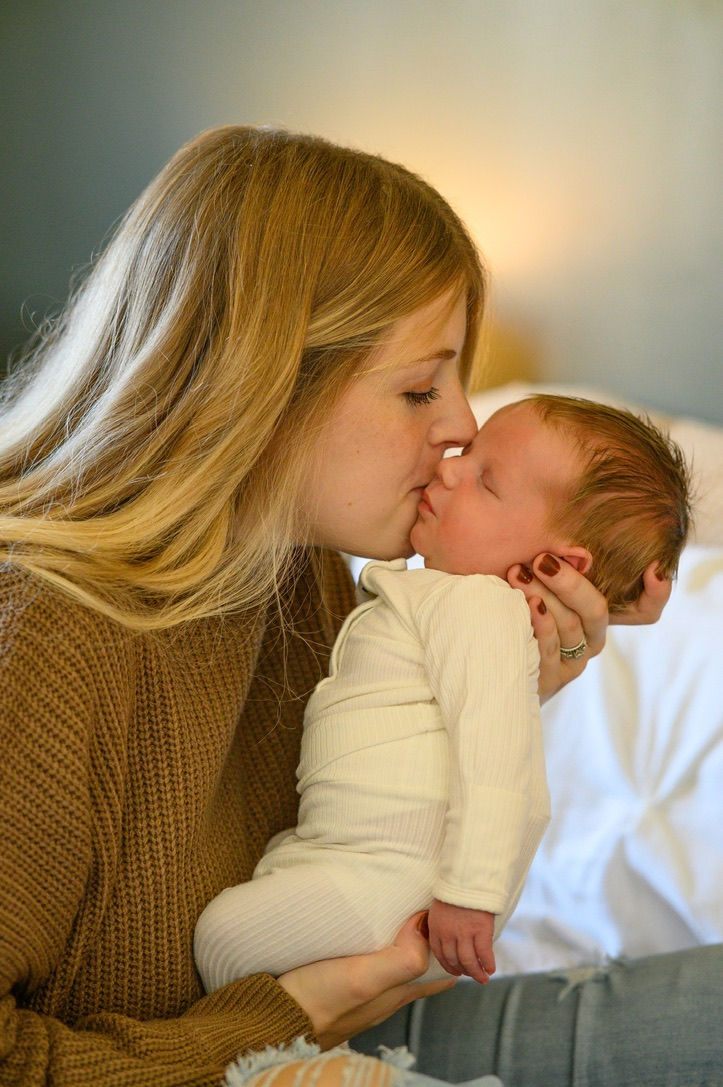Unleashing the Power of "Wh" Questions in Speech Therapy: Engaging Activities for Little Communicators
- Lauren Davies

- Jan 25, 2024
- 2 min read
Today, we're diving into the world of 'Wh' questions – those magical words that open the door to richer communication and understanding. Although let's be honest: sometimes it's hard to find the magic in those words when you've been asked a year's worth of "why" questions in the span of a few minutes. But don't worry! In this post, we'll discover the enchantment behind these inquisitive words and turn each "who," "what," "when," "where," and "why" into a fun-filled adventure. So, buckle up for some linguistic escapades as we unveil the secrets of mastering 'Wh' questions through play-based learning!
Why "Wh" Questions Matter
Before we dive into the games, let's discuss the reason 'Wh' questions are the superheroes of speech development. They encourage language expansion, critical thinking, and social interaction. Whether it's "who," "what," "when," "where," or "why," these questions set the stage for expressive and receptive language skills. Although development varies from child to child, here's a general outline of 'Wh' question development:
12-18 months | Children start asking simple "what" questions, such as pointing to a toy and asking "what's that?" |
18-24 months | "Where" questions may begin to emerge, especially in the context of familiar places or people. For instance, a child might ask, "Where's Mommy?" |
2-3 years | "Who" questions may start to appear as children recognize and name people. They might ask, "Who is that?" when referring to someone. |
3-4 years | When" questions may begin to emerge, often related to daily routines or events. A child might ask, "When do we eat?" |
4-5 years | "Why" questions become more common as children develop reasoning skills. They might ask, "Why is the sky blue?" |
Now that we've taken a glimpse at 'Wh' question development, let's get into the fun part: turning this knowledge into action! Play-based learning has proven to be a rich avenue for language development, making the process not just educational but downright enjoyable. Let's explore some engaging activities designed to nurture those 'Wh' question skills in our little communicators.
'Wh' Question Activity Ideas
Activity 1: Color Quest in the Car
Turn car rides into an interactive learning experience by playing the "Color Quest" game. Choose a color, let's say "blue." Ask your little one, "What do you see that's the color blue?" It could be the sky, a car, or even a road sign. This game not only sharpens color recognition but also hones in on the "what" question.
Activity 2: Hide and Seek with "Where" Questions
Time to unleash the hide-and-seek fun! Grab a few toys, hide them around a room or under blankets, and then ask your child, "Where's Teddy?" Watch as their eyes light up with the thrill of the hunt. This not only reinforces the concept of "where" but also builds vocabulary and spatial awareness.
Activity 3: "Who" Is in the Story?
Make bedtime stories interactive by focusing on "who" questions. As you read a story, pause and ask, "Who is the main character?" or "Who is doing something exciting in the story?" Encourage your little one to point to characters in the book or use their words to answer. This nurtures comprehension and storytelling skills.
Activity 4: "When" Time Stands Still
Teach the concept of time with a twist. Choose simple scenarios like mealtime, bedtime, or playtime, and ask, "When do we eat?" or "When do we go to sleep?" Having a visual schedule can complement this activity, creating a concrete understanding of daily routines.
Activity 5: "Why" Wonderings
Engage your child's curiosity with the "Why Wonderings" game. When they ask a question, respond with "Why do you think that happens?" This not only encourages them to think critically but also fosters expressive language skills as they articulate their thoughts.
In the world of speech therapy, turning learning into play is our secret weapon. These 'Wh' question activities are not just games; they're building blocks for confident communicators. So dig in, have fun, and let the adventures in language unfold!
Remember, every 'Wh' question is a big step toward unlocking the treasure trove of communication skills.







Comments